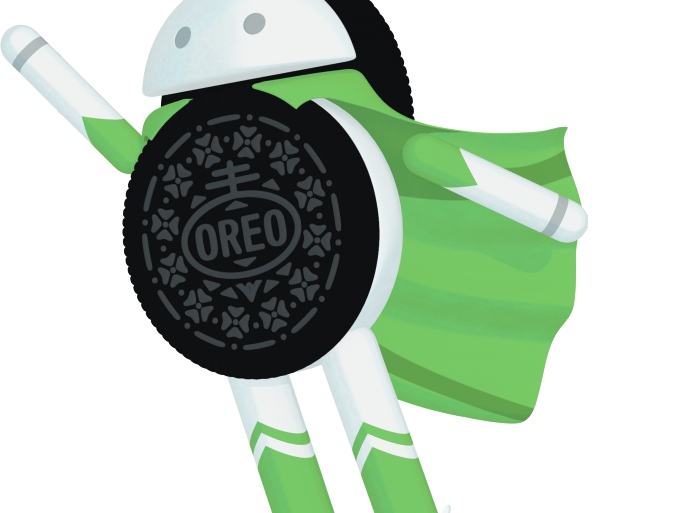Google has started rolling out Android Oreo 8.1 to the general public and includes a Neural Networks API and a Go Edition optimised for low-end devices.
News of the new iteration of Android broke at Google for India on Monday, and comes after Google had launched the Android Oreo 8.1 preview to the developer community in late October.
Google had released Android 8.0 (Oreo) back in August, with an emphasis on speed, security and multitasking, and while 8.1 isn’t a massive update but does have some noteworthy features for compatible devices
New Features
Indeed, the new OS does include the Pixel Visual Core on the Pixel 2 and Pixel 2 XL handsets, which is essentially a co-processor that improves the speed of processing HDR photos. It also results in a less of a drain on the phone’s battery.
One of the most notable enhancements to the new OS however is the inclusion of a Neural Networks API to bolster machine intelligence on mobile handsets. For example, it should help if an Android user wants their handset to learn from their habits in order to predict behaviour, or even just assist in classifying emails, pictures etc.
Another notable feature with 8.1 is that Google has also tweaked Android Go.
Android Go is lightweight version of Android for basic smartphones (with 1GB of memory or less), and 8.1 comes with a number of memory optimisations.
The 8.1 release also boasts autofill enhancements, as Google has made it easier for password managers and other Autofill services to use the Autofill framework. And finally 8.1 comes with a shared memory API that lets apps allocate shared memory for faster access to common data.
There are of course other smaller changes. For example, the user can now see the battery levels of connected Bluetooth devices on the Bluetooth settings screen.
Screen Burn
A number of emojis have been redesigned, and there is also less chance of screen burn-in because the status bar will change colour in some apps. This is because there is concern after a number of Pixel 2 XL users reported problems with the screen in October.
Google is currently investigating the matter, after users began reporting ghosting issues with the Pixel’s display.
Android is by far the largest mobile operating system in the world today, and its ranks have been swelled after Microsoft abandoned its mobile ambitions this year.
Indeed, even Microsoft’s co-founder Bill Gates recently revealed he uses an Android phone with ‘a lot of Microsoft software’ rather than a Windows device. Earlier this week Google patched 45 vulnerabilities in its latest security bulletin for Android devices.
Android 8.1 should now start to become available for those using a Nexus 5X, Nexus 6P, Pixel C, Pixel, Pixel XL, Pixel 2, Pixel 2 XL handset, or the Android emulator.
Quiz: What do you know about Android?




